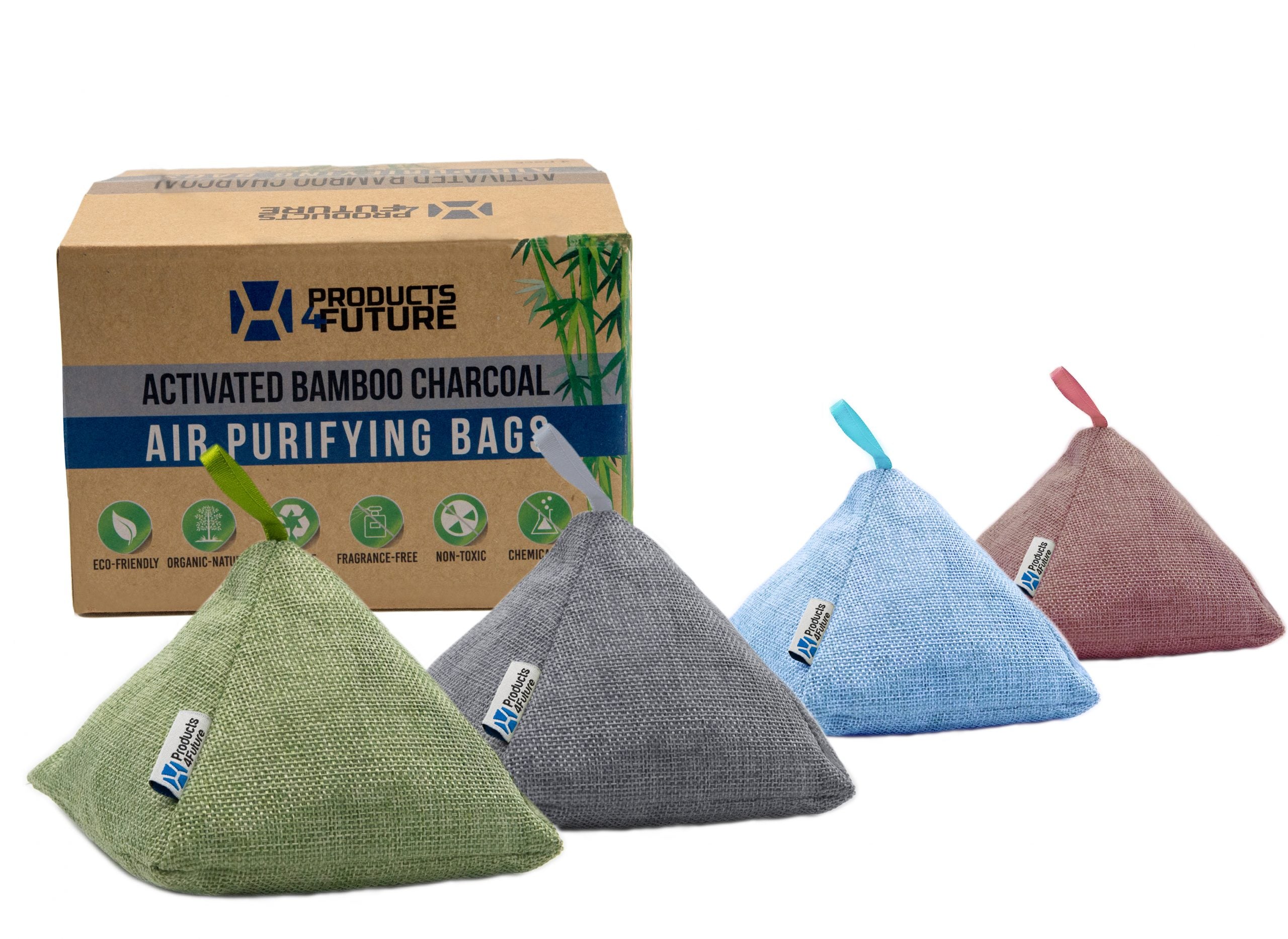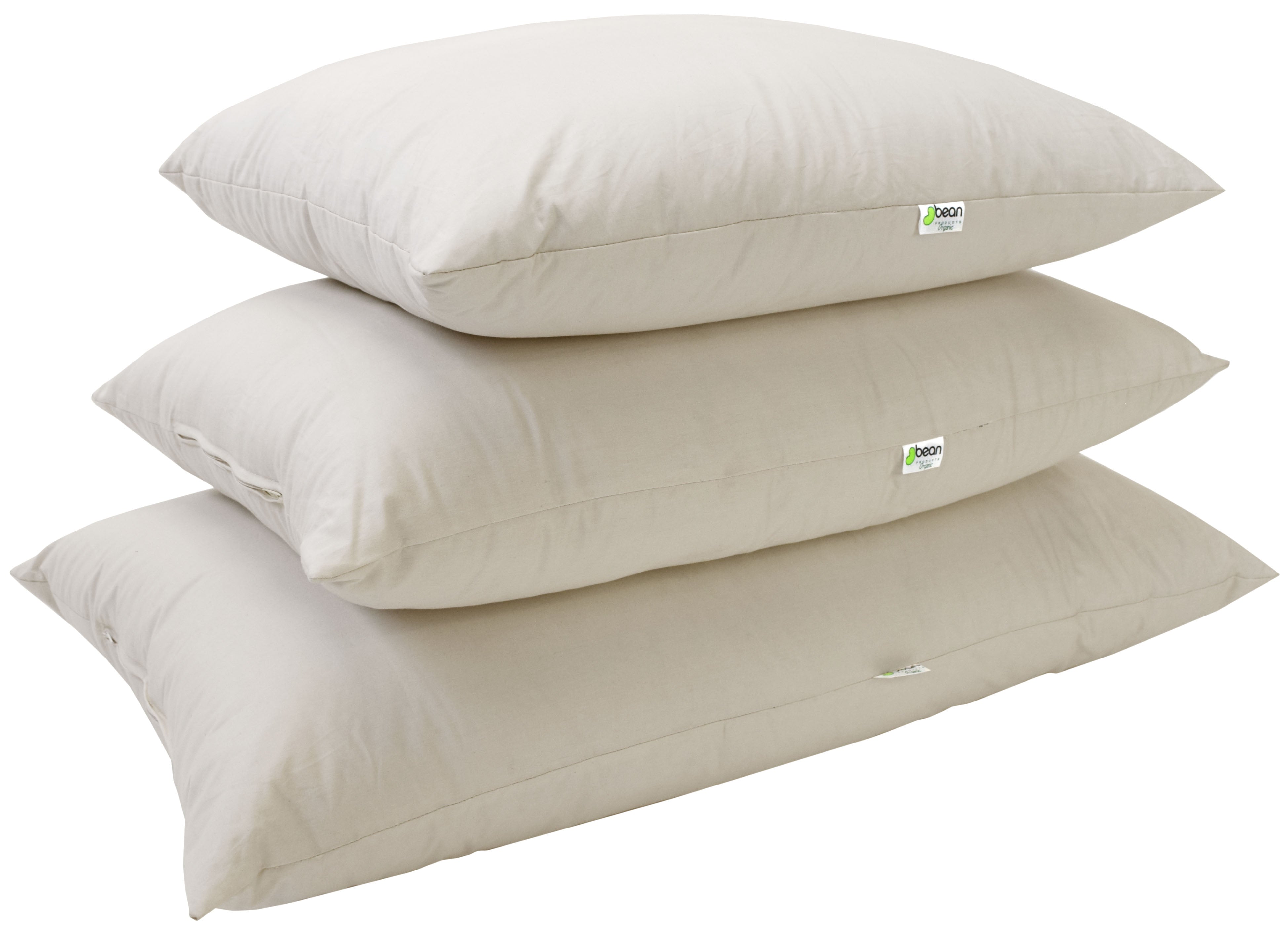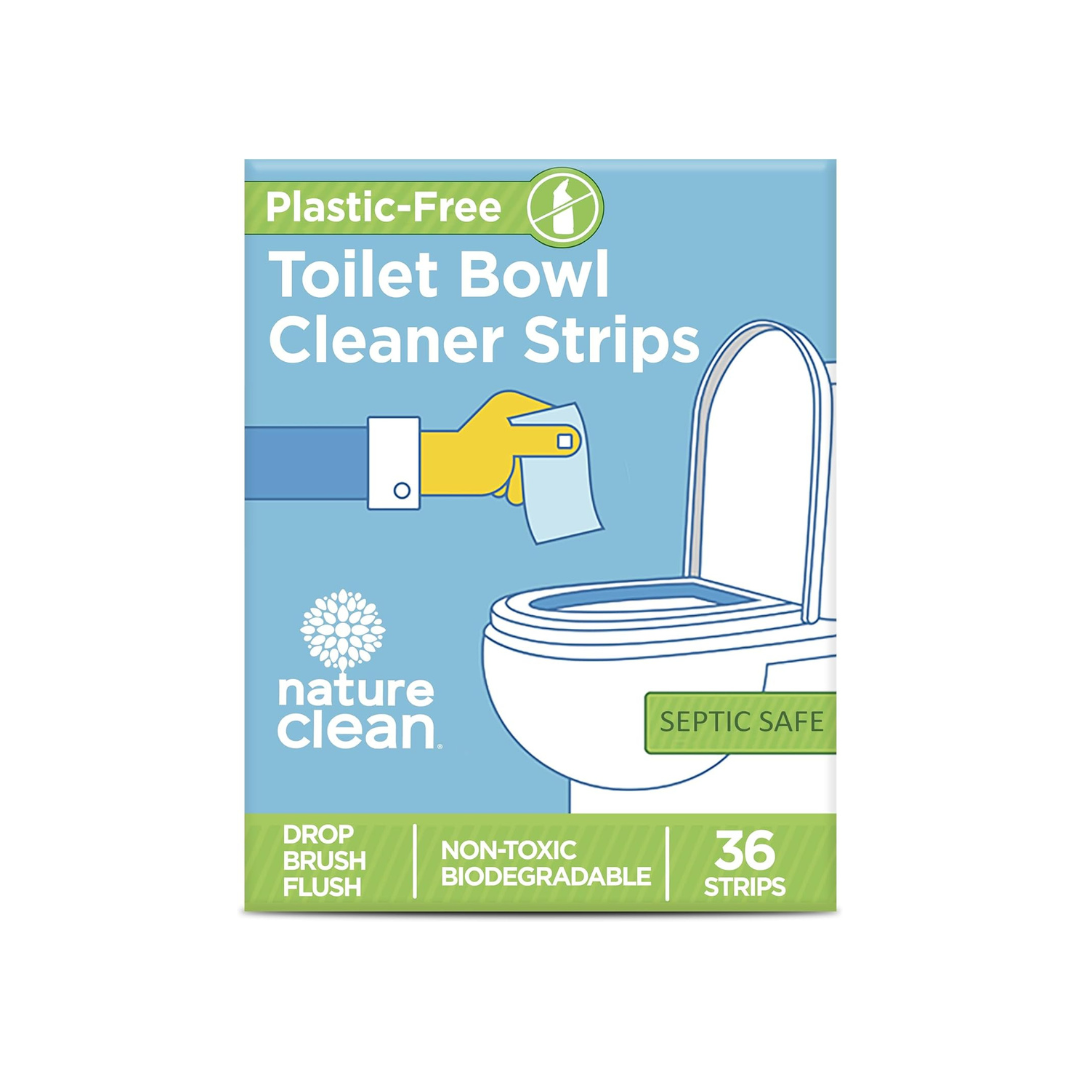When you're walking through the aisles of your local supermarket, you're bound to see countless plastic and paper bags used to carry groceries. While they may seem convenient, these bags have a significant impact on the environment. Plastic bags, for example, can take up to 1,000 years to decompose, and paper bags require significant amounts of energy and resources to produce. We'll explore the different types of grocery bags, their environmental impact, and offer some tips to help you reduce your carbon footprint.
Plastic Bags
Plastic bags are one of the most commonly used grocery bags, but they're also one of the most harmful to the environment. For starters, plastic bags contribute to pollution and harm wildlife when they're not disposed of properly. They also require significant amounts of energy and resources to produce, contributing to greenhouse gas emissions and climate change.
They can take hundreds of years to decompose, and as they break down, they can release microplastics that can contaminate soil and water. The production and disposal of a single-use plastic bag generates approximately 3.5 pounds (1.58 kg) of carbon dioxide emissions.
Paper Bags
While paper bags may seem like a more eco-friendly option than plastic, they also have a significant environmental impact. For starters, paper bags require energy and resources to produce, and can contribute to deforestation and habitat destruction. The production and disposal of a paper bag generates approximately 12 pounds (5.52 kg) of carbon dioxide emissions.
Recycled Paper Bags
Paper bags are a more sustainable alternative to single-use plastic bags. Made from recycled paper, they have a lower environmental impact than plastic bags. Recycled paper bags are biodegradable if they don’t have glossing, prints or black color (waste sorting systems can't recognize black pigments) and can be recycled multiple times, reducing the amount of waste that ends up in landfills. Plus, paper bags break down much faster than plastic bags, taking only a few months to decompose. However, it's important to note that the production of paper bags still requires resources and energy, and recycling paper also has its own environmental impact.
Cotton Bags
Cotton bags are a more sustainable alternative to single-use plastic bags, but they still have an environmental impact. A study from Denmark found that cotton bags must be reused thousands of times before they have a lower environmental impact than plastic bags. Organic cotton bags may have a higher overall environmental impact compared to conventional cotton bags due to lower yields and increased resource use. It's important to consider the full lifecycle of a product when assessing its environmental impact. Choosing high-quality bags made from organic or conventional cotton and using them for as long as possible can help reduce the overall environmental impact of cotton bag production.
Expert Hacks to Up Your Game: Tips Just for You!
Tip 1: Bring your own reusable bags to the grocery store to reduce the use of single-use plastic and paper bags.
Tip 2: Choose bags made from sustainable materials, such as recycled plastic.
Tip 3: Look for retailers that incentivize the use of reusable bags, such as offering discounts or loyalty points.
Tip 4: If you do end up with plastic bags, recycle them properly to reduce their impact on the environment.
Tip 5: Consider using a reusable produce bag to reduce the use of plastic produce bags.
One solution to the plastic bag problem is to use reusable bags instead. Many retailers now offer reusable bags at checkout, and some even incentivize their use by providing discounts to customers who bring their own bags. By using a reusable bag, you can significantly reduce the number of plastic bags you use and help to protect the environment.






































